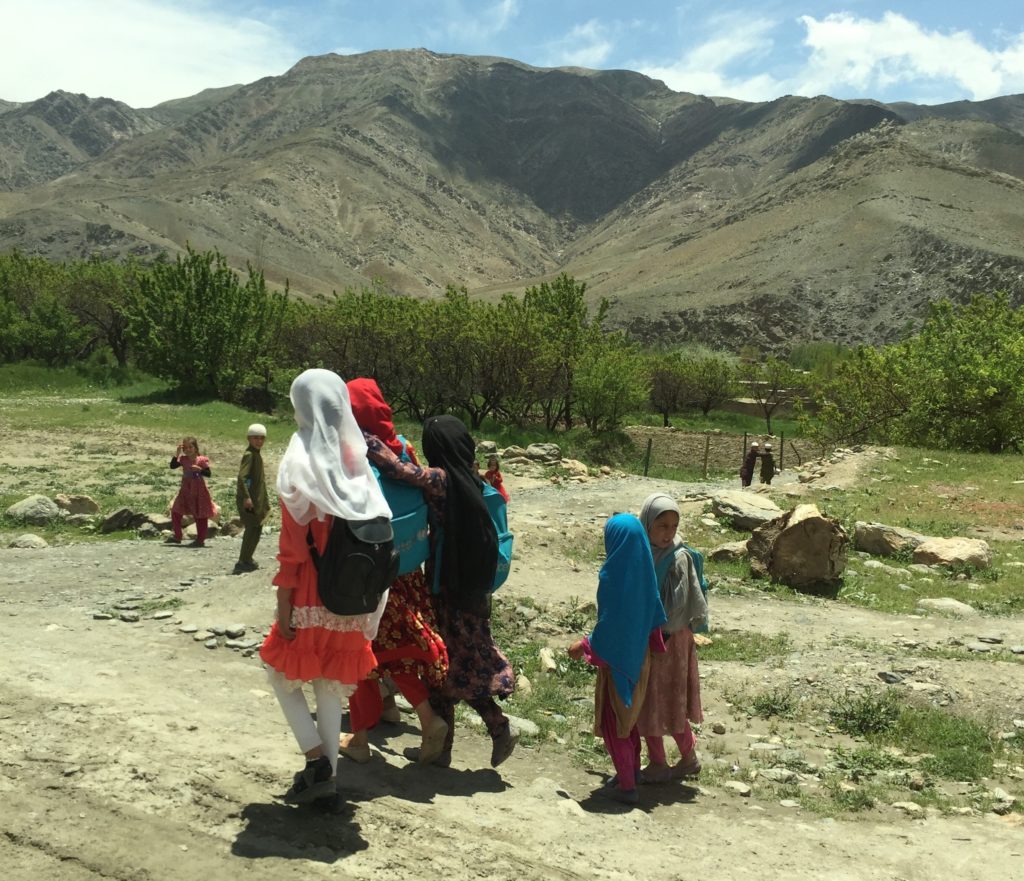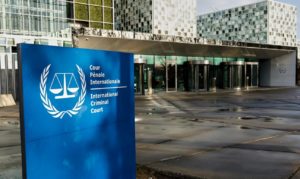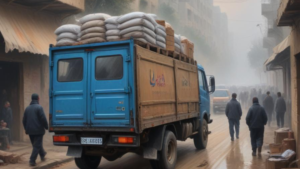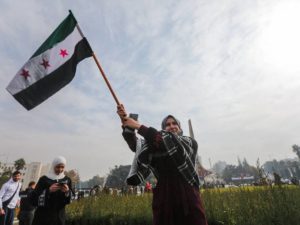
On the third anniversary of the return of the Taliban to Kabul, Afghanistan is back in the news however briefly. This includes a joint Statement by 35 UN human rights (HR) Special Rapporteurs and entities noting that the “International Community must not normalize Taliban rule” in Afghanistan.
The UN statement, focused primarily on the situation of women and girls, is, understandably, greatly concerned with the systemic discrimination and gender oppression that has, for centuries, thwarted the lives of Afghan females. The UN experts also refer to a long list of other disturbing HR violations, deepening poverty, and the continuing need for humanitarian aid.
Millions of Afghans are in dire need of assistance. Western donors are nevertheless cutting their support. This will exacerbate alarming levels of poverty, unemployment, deprivation and reduced acces to health care. Thus, it is surprising that the UN signatories do not mention the unilateral seizure of US$9.2 billion of Afghans vital external reserves by Washington and various European allies, three years ago. These reserves are held in Western banks. This seizure was, and remains, a major factor in crushing the Afghan economy and fuelling the growth of poverty, hunger and displacement. It is also a well known fact that it is vulnerable Afghans – marginalized women, girls and children – who are most penalized by the politics of collective punishment by governments that claim to help Afghan women and girls. For example, poverty results in an increase in the number of girls who are exchanged in marriage at a young age, as families use dowries to fend off debt and hunger. The “frozen funds” policy is harmful, unethical, unacceptable and at odds with human rights values. United Against Inhumanity (UAI) has repeatedly advocated for the release of the sovereign reserves to help stabilize and grow the Afghan economy.
UAI is in total agreement with the UN Statement that the Afghan people “deserve to live in a country where the rights, dignity, and humanity of all are respected and protected.” A good place to start is to (a) acknowledge that a functioning economy is vital for everyday survival and (b) call for the release of the reserves that are the property of the Afghan people. If measures, beyond the rhetorical, are not taken so that Afghans can move out of a hand-to-mouth existence, it is not realistic to expect their abysmal human rights situation to improve. Decades of war and occupation have shown that it is in-country Afghan citizens who are best positioned to push for, and achieve, desired societal change. This requires engagement by all concerned stakeholders with the de facto authorities as well as civil society actors in rural and urban areas.











